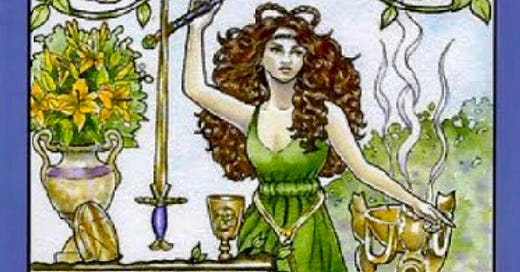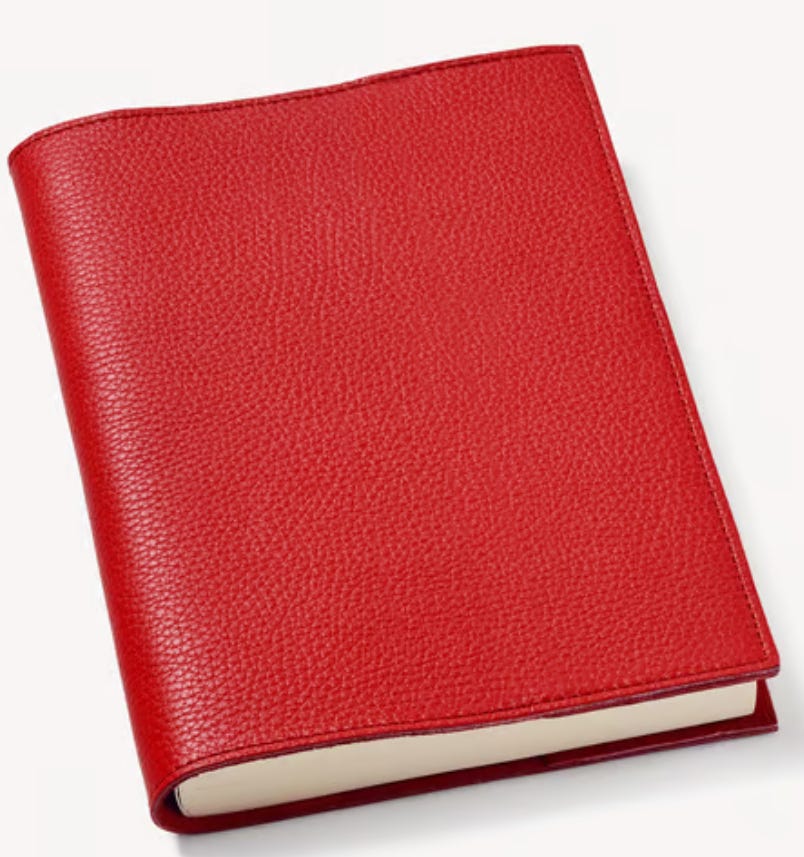I have had three wonderful surgeries in my life; tubal ligation, carpal tunnel and now cataract surgery. I never dreamed I would have 20/20 vision without glasses. Little did I know how much the wrinkles would show once I could see them.
To be clear: I have had way more than three surgeries, not as wonderful, but maybe these not wonderful surgeries saved my life.
In the States, they told me to weigh the cataract surgery against my life expectancy. If I had only weeks or months to live, they said, it was not worth it. But if I had years, then it was. Not so in Israel. Their attitude was different. Do now, live now. Do not think about the future. That resonated with me.
No one knows how much time they have—two minutes, two days, two years. The question is: how do we live with that uncertainty?
What I have seen, in myself and in others, is that many are not living well. Fear quietly hijacks our days. I see it in caregivers—nurturing others while quietly unraveling themselves, often developing complicated relationships with food or control. I hear it in the weariness of people stuck in lives where they feel unsatisfied and unfulfilled, as if life itself is on pause. Every day starts to feel like Groundhog Day—the same complaints, the same emotional paralysis.
People complain of boredom – I never experienced that a day in my life. My kids hate when I say that. There is constantly shit happening. It’s important to me to be engaged and involved – with myself, my family, friends and the world.
I do not claim to know it all. But I have been given a perspective that strips away a lot of the noise. The clarity that comes from illness, from living in a country at war, from holding trauma in both hands—it has taught me again that time is always running out. And that truth, rather than being terrifying, can actually be liberating.
We do not need certainty to live meaningful lives. We just need to stay awake. Stay engaged. Choose what matters—again and again.
One man in his sixties came to me as a patient after surviving the massacre of his kibbutz October 7th. He had lost neighbors and friends—some of them burned alive inside their homes. He sat in silence for most of our early sessions. He was composed on the outside, but I could feel the pressure building inside him like a sealed-off room. He always carried a small red notebook. At first, he said it was just for dates and appointments. Then, one day, he left it open on the chair beside him. Inside were letters—some written to the dead, some to God, some to no one in particular. One said, “I plant parsley today. Because I’m still here. Because I must.”
That one line was a turning point—not just for him, but for me. It reminded me that even in devastation, humans instinctively reach for life. For continuity. For meaning.
He was not healed. He was not ‘over it.’ But he was living. Quietly, purposefully, stubbornly. That notebook was his resistance. His breath. His prayer.
If I had one thing as a terminally ill person to tell others it is to practice living alongside your worries without letting them dictate your choices. Stay curious, even when you are scared.
Have a memorable week,
Dr. Anna 🌸🎗️









This is my favorite L&M so far. It’s straight from the heart and contains words of wisdom that we all need. What a crazy time to be grappling with illness, in Israel- which is major even in the best of times- and to have some time to reflect. We are all richer from your writing. Please keep it up.
I love this post! I too got the cataract surgery and now I can read without glasses! It is a major plus in my life. I think of you often and hoping we can see each other in the future. I am planning on going to the 50th in October. XOXO♥